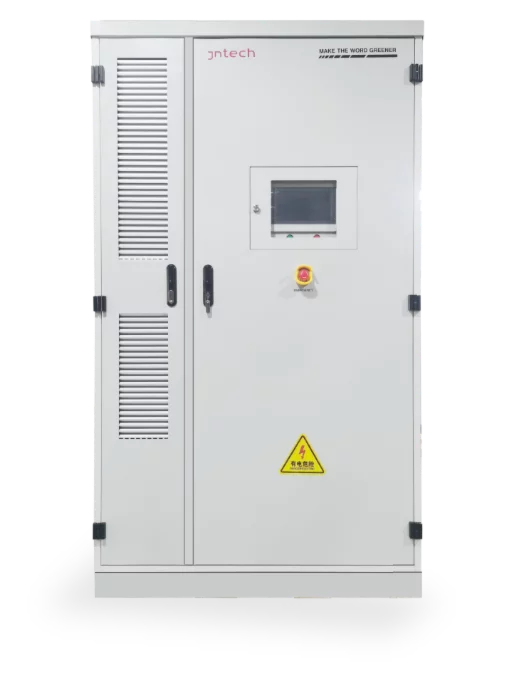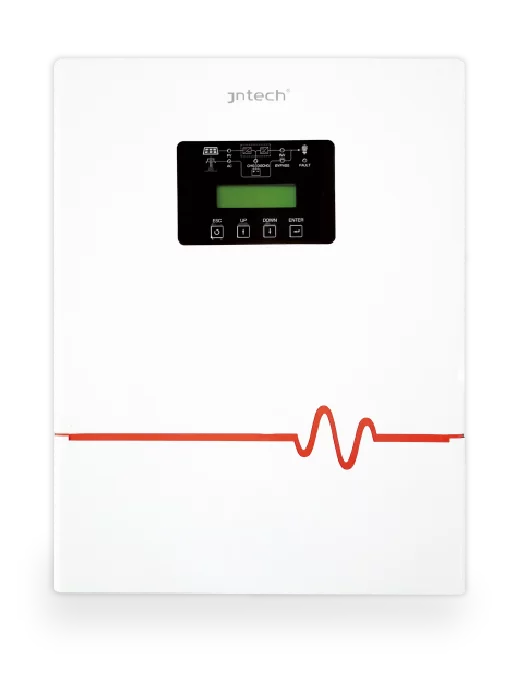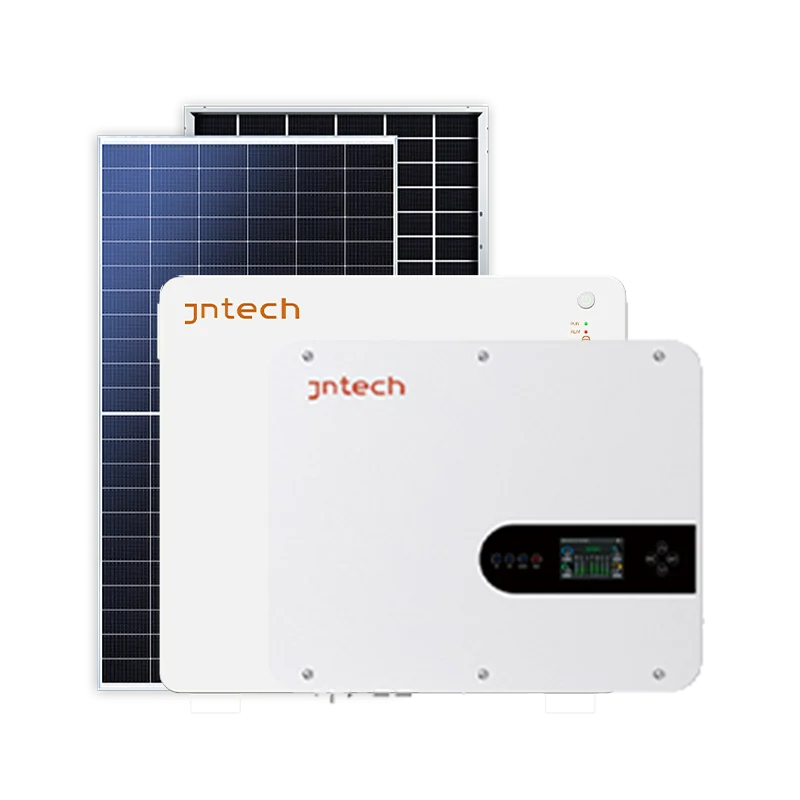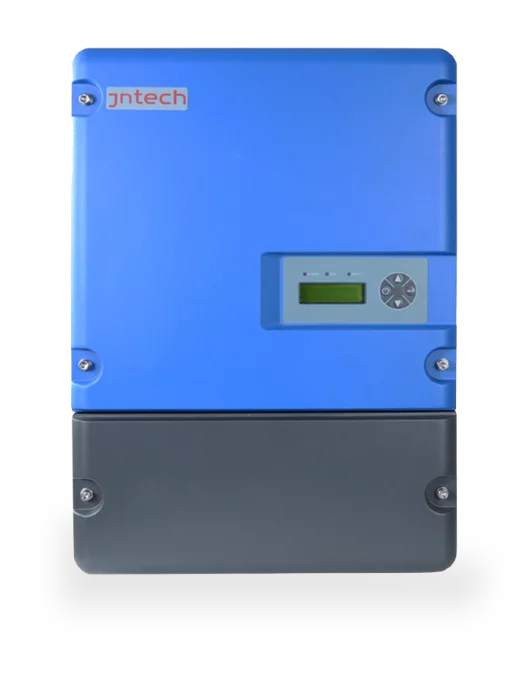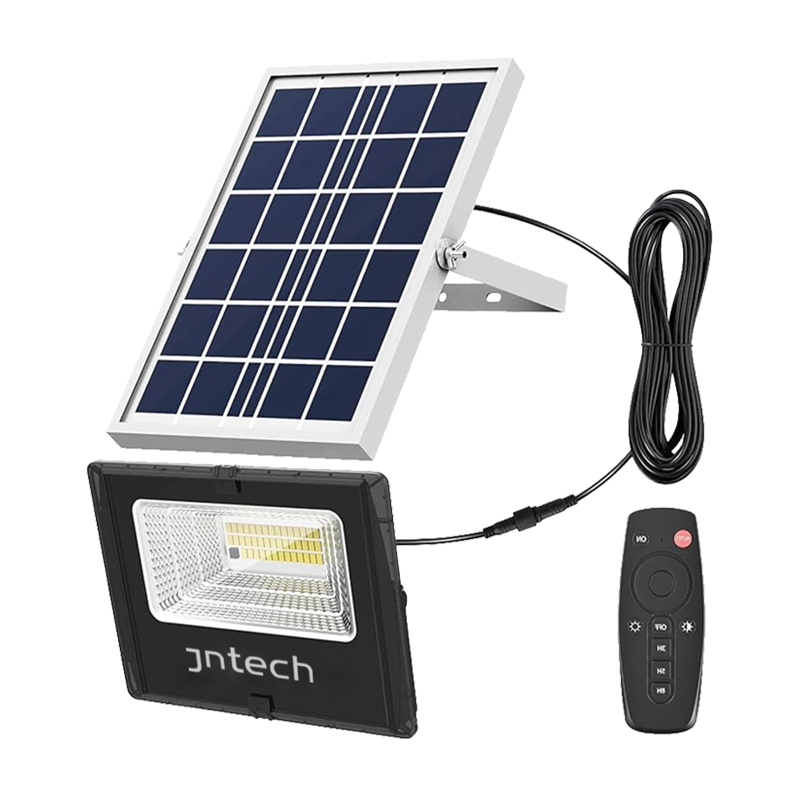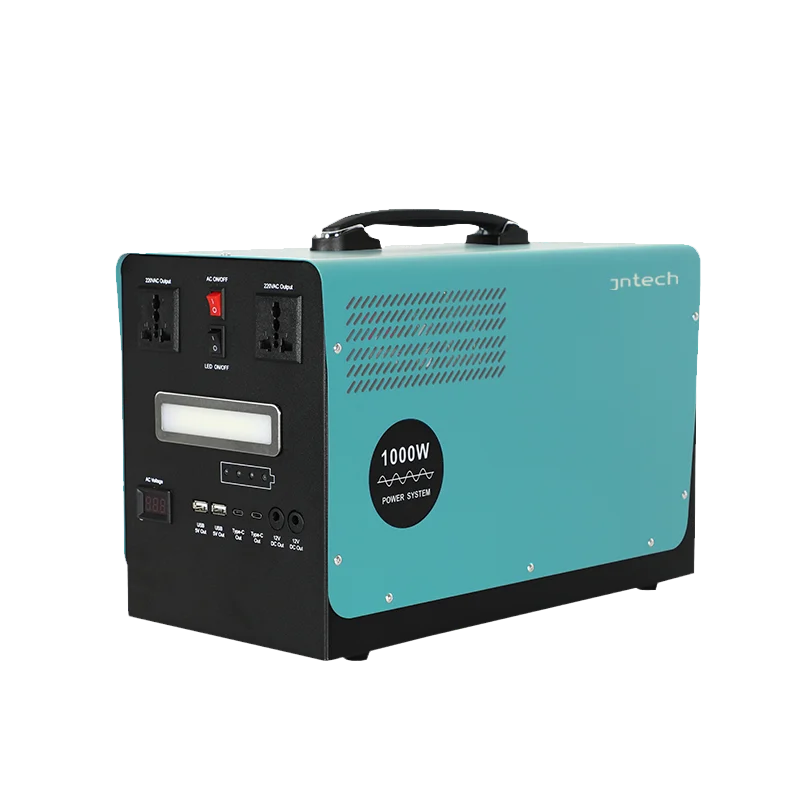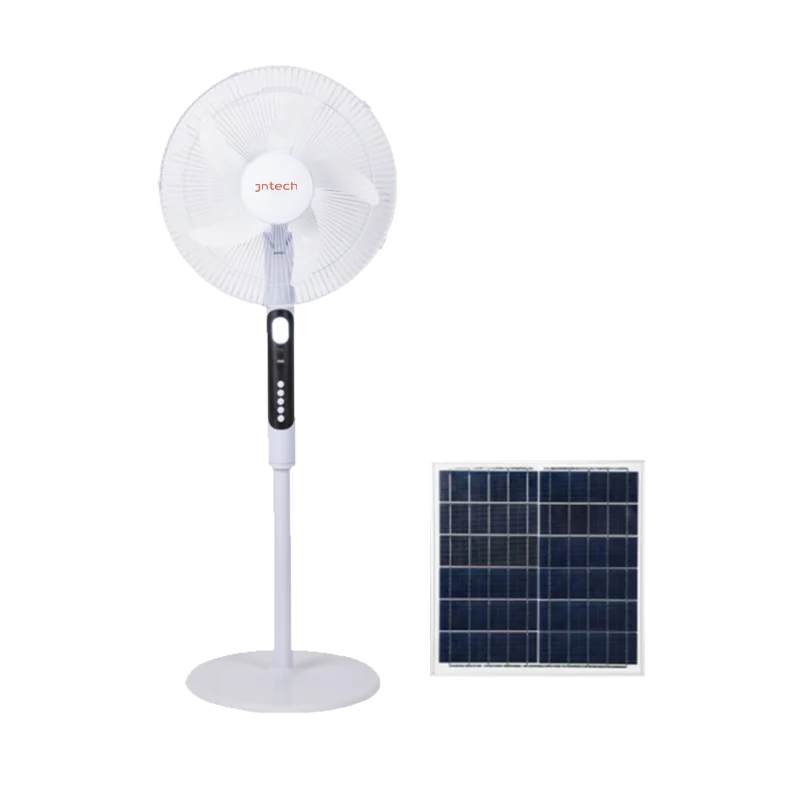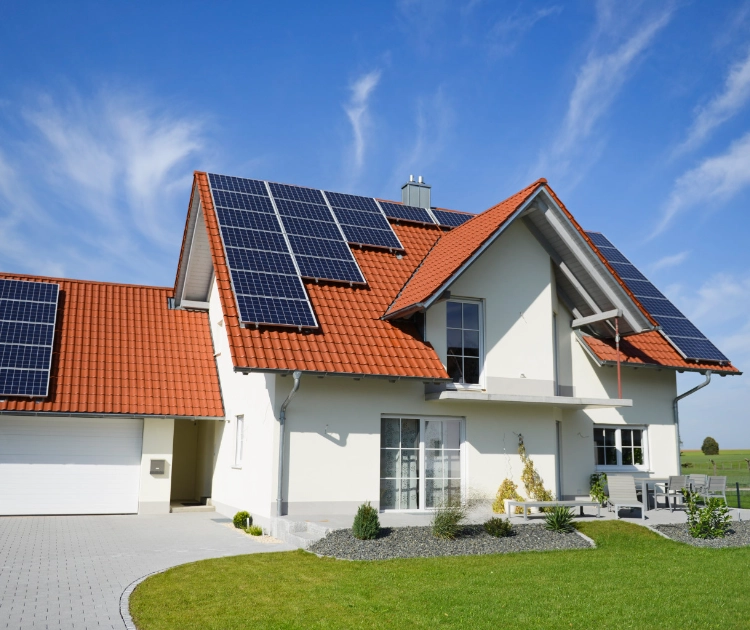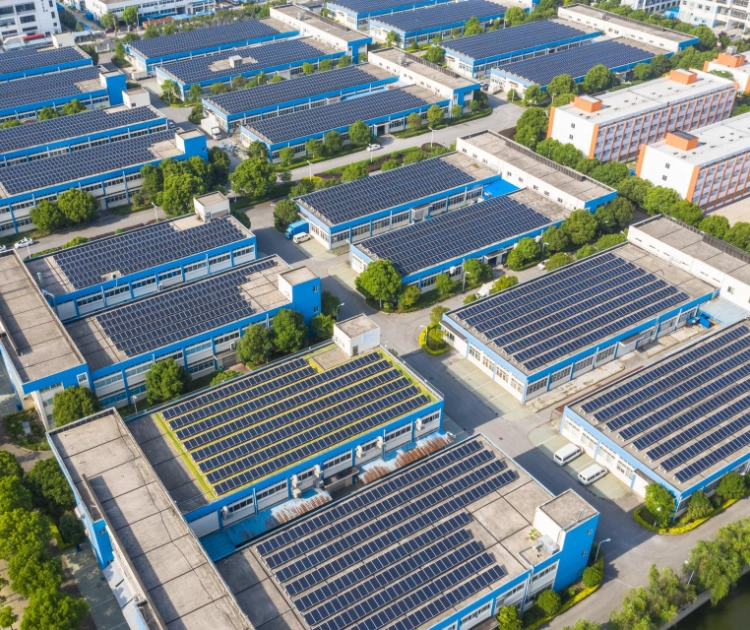So bauen Sie mit Solarwechselrichtern ein effizientes netzunabhängiges Stromsystem
Veröffentlichungsdatum: 2025-02-11
Mit dem zunehmenden globalen Fokus auf erneuerbare Energien ist Solarenergie aufgrund ihrer umweltfreundlichen und nachhaltigen Eigenschaften zu einem entscheidenden Teil der globalen Energiewende geworden. Insbesondere in abgelegenen Gebieten oder an Orten ohne Zugang zum Stromnetz bieten netzunabhängige Solarstromsysteme eine zuverlässige Lösung für die Stromversorgung. Die Solarwechselrichter, als Kernkomponente des Systems, hat durch seine Auswahl und Anwendung direkten Einfluss auf die Effizienz und Stabilität des Systems.
Grundstruktur eines netzunabhängigen Stromsystems
Ein netzunabhängiges Stromsystem liefert Strom durch unabhängige Geräte zur Nutzung erneuerbarer Energien, ohne auf das öffentliche Stromnetz angewiesen zu sein. Der Solarwechselrichter spielt in diesem System eine wichtige Rolle, da er den von den Solarmodulen erzeugten Gleichstrom (DC) in Wechselstrom (AC) umwandelt, um private, gewerbliche oder industrielle Verbraucher mit Strom zu versorgen. Weitere wichtige Komponenten des Systems sind:
- Sonnenkollektoren: Verantwortlich für das Sammeln von Sonnenenergie und deren Umwandlung in Elektrizität.
- Energiespeicherbatterien: Speichern Sie überschüssige Energie für die Nutzung während der Nacht oder an bewölkten Tagen.
- Kontrollsystem: Überwacht die Stromabgabe und verwaltet den Lade- und Entladestatus der Batterien, um einen effizienten Systembetrieb sicherzustellen.
Auswahl und Funktion von Solar-Wechselrichtern
Die Wahl des richtigen Solarwechselrichters ist entscheidend für den effizienten Betrieb eines netzunabhängiges Stromsystem. Dabei sind folgende Faktoren entscheidend:
- Leistungsanpassung: Die Nennleistung des Wechselrichters sollte den Anforderungen der Solarmodule und der Last entsprechen. Ein zu großer oder zu kleiner Wechselrichter kann zu Energieverschwendung oder unzureichender Stromversorgung führen und so die Gesamtleistung des Systems beeinträchtigen.
- Umwandlungseffizienz: Ein effizienter Solarwechselrichter maximiert die Umwandlung von Solarenergie, reduziert den Energieverlust und verbessert die Systemleistung. Die Maximum Power Point Tracking (MPPT)-Funktion des Wechselrichters passt den Betriebszustand dynamisch an die Sonneneinstrahlung an und verbessert so die Effizienz der Stromerzeugung weiter.
- Funktionen zur Batterieverwaltung: Wechselrichter müssen über Batteriemanagementfunktionen verfügen, um ein sicheres und stabiles Laden und Entladen der Batterien zu gewährleisten, ein Überladen oder Tiefentladen zu verhindern und so die Batterielebensdauer zu verlängern.
- Haltbarkeit und Umweltanpassungsfähigkeit: In abgelegenen oder extremen Umgebungen muss der Wechselrichter wasserbeständig, staubdicht und widerstandsfähig gegen hohe und niedrige Temperaturen sein, um einen stabilen Betrieb unter unterschiedlichen Umgebungsbedingungen zu gewährleisten.
Strategien zur Verbesserung der Systemleistung
Um die Effizienz einer netzunabhängigen Solaranlage zu maximieren, können folgende Maßnahmen umgesetzt werden:
- Optimieren Sie das Layout der Solarmodule: Wählen Sie den Installationswinkel und die Ausrichtung der Solarmodule sorgfältig aus, um eine maximale Sonneneinstrahlung zu gewährleisten und eine Beschattung zu vermeiden. So verbessern Sie die Effizienz der Stromerzeugung.
- Intelligentes Wechselrichtermanagement: Durch den Einsatz intelligenter Wechselrichter ist eine Echtzeitüberwachung des Systems möglich. Die Betriebsparameter werden automatisch an unterschiedliche Wetter- und Jahreszeitenänderungen angepasst, um eine maximale Umwandlung von Solarenergie zu gewährleisten. Die intelligente Überwachungsfunktion kann auch dabei helfen, Fehler schnell zu erkennen und Warnungen auszugeben, wodurch Ausfallzeiten reduziert werden.
- Regelmäßige Wartung und Inspektion: Reinigen Sie die Solarmodule regelmäßig und überprüfen Sie den Zustand des Wechselrichters und der Batterien, um sicherzustellen, dass das System effizient und fehlerfrei funktioniert. Regelmäßige Wartung trägt dazu bei, die Lebensdauer der Geräte zu verlängern und eine hohe Systemleistung aufrechtzuerhalten.
Anwendungsaussichten von netzunabhängigen Solarsystemen
Die Anwendungsaussichten von Solarwechselrichtern und netzunabhängigen Stromversorgungssystemen sind vielfältig. Neben abgelegenen Gebieten sind netzunabhängige Solarsysteme auch in den folgenden Szenarien wichtig:
- Feldforschungsstationen: Sorgen Sie für eine stabile Stromversorgung für Forschungsaktivitäten fernab des Stromnetzes.
- Berge und Inseln: Lösen Sie Stromversorgungsprobleme in abgelegenen Regionen.
- Notstromversorgung für Katastrophengebiete: Nach Naturkatastrophen können netzunabhängige Solarstromsysteme die Stromversorgung schnell wiederherstellen.
Dank technologischer Fortschritte und Kostensenkungen werden netzunabhängige Solarsysteme nicht nur wirtschaftlicher, sondern können auch in globalen Projekten für erneuerbare Energien umfassend eingesetzt werden. Sie bieten grüne und nachhaltige Energielösungen für energiearme Regionen.
Über Jntech
Jntech, ein weltweit führender Anbieter intelligenter Solarlösungen, ist bestrebt, effiziente und zuverlässige netzunabhängige Stromversorgungslösungen für den globalen Markt. Das Unternehmen konzentriert sich auf die Entwicklung hocheffizienter, intelligenter und nachhaltiger Solarwechselrichter und verwandter Produkte, die in abgelegenen Gebieten und Projekten für erneuerbare Energien weit verbreitet sind. Durch technologische Innovationen hat Jntech die Energienutzungseffizienz von Solarsystemen verbessert und intelligente Management- und Überwachungssysteme integriert, um eine stabile Stromversorgung zu gewährleisten. Mit seinen außergewöhnlichen F&E-Kapazitäten und seinem professionellen technischen Support ist Jntech weiterhin führend in der Entwicklung der Solarindustrie und trägt zur globalen Energiewende und einer grünen Zukunft bei.

